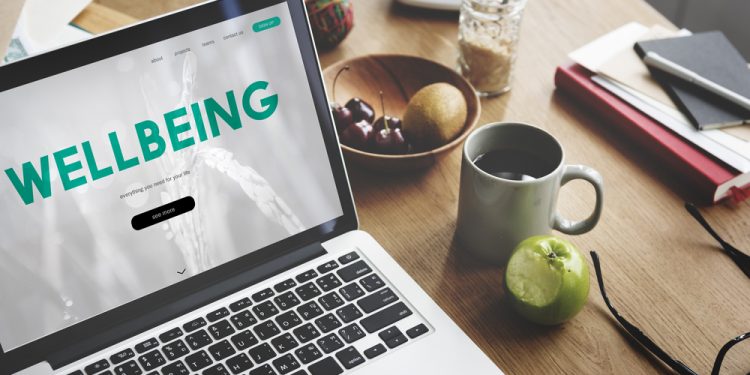Over three-quarters of employers now measure the impact of supporting the health and wellbeing of their staff – a significant increase in the space of a year.
Trade body Group Risk Development (Grid) found that 76 per cent of employers were now measuring this data, up from the 51 per cent monitoring this when similar research was undertaken in 2023.
Grid says this reflects that an increasing number of employers recognise the importance of ensuring both their staff and their business are benefitting from offering health and wellbeing support.
It says that measuring the impact can be an effective way for health and wellbeing benefits to be changed or tweaked to improve outcomes.
The research also found that almost all employers (99 per cent) that measure this impact said that supporting the health and wellbeing of their staff has had a positive impact on their business too.
When asked how it had benefited their business:
- 43 per cent cited a positive return on investment (ROI)/positive financial impact to the business in offering health and wellbeing support.
- 43 per cent also said that it increased productivity.
- 42 per cent believe that health and wellbeing support engenders loyalty and engagement amongst staff.
- 42 per cent referred to the fact that offering health and wellbeing support is integral to their company ethos and that it helps them fulfil their business objectives.
- 41 per cent said it is a point of differentiation from competitors and supports recruitment and retention.
- 39 per cent disclosed that holistically supporting health and wellbeing helps manage absence, mitigating the number and length of absences, meaning a quicker return to work for staff.
Despite HR professionals reporting the numerous business benefits of supporting the health and wellbeing of staff, when it comes to implementing it, 38 per cent said that they still face affordability challenges in competing with budgets for other business needs, and nearly a third (31 per cent) say they struggle with getting buy-in from the business that such support is necessary.
Building the business case to support staff requires both quantitative and qualitative data. Measuring the impact of existing support is therefore vital in future-proofing budget and resources.
Grid spokesperson Katharine Moxham says: “Businesses that are not measuring the impact of supporting the health and wellbeing of their staff are now in the minority and that could mean they may struggle to keep up with their competitors.
“Measuring this impact is of course about improving the health and wellbeing of each individual member of staff but there are real commercial differentiators too, and it’s great to see so many companies recognise this.”





